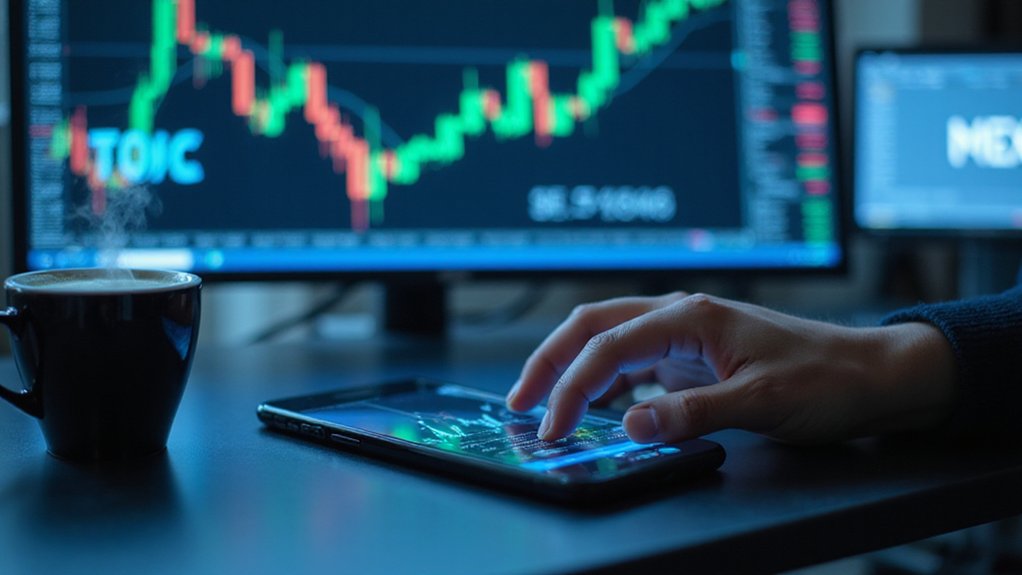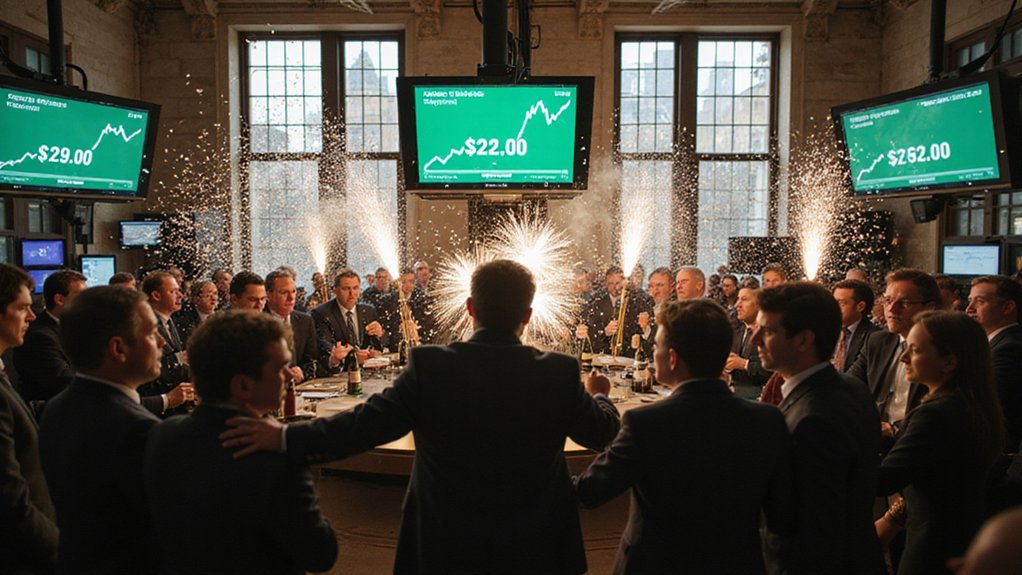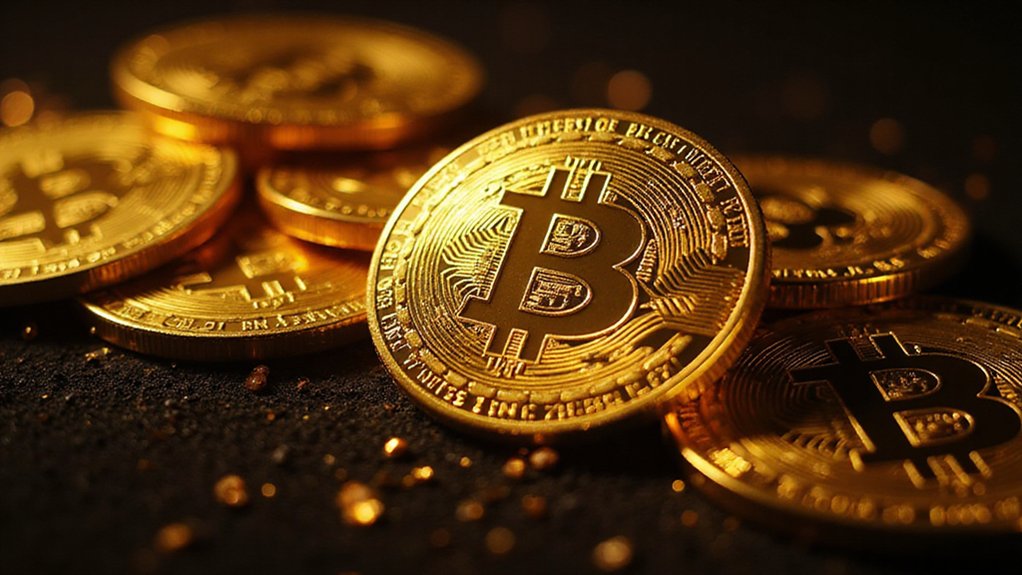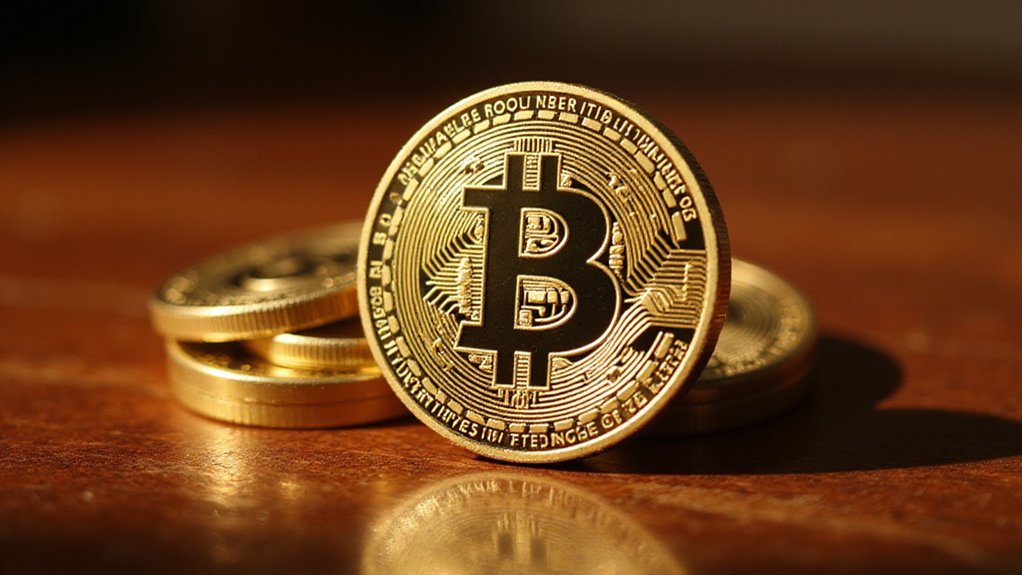As the cryptocurrency exchange landscape continues to evolve with increasingly competitive incentive structures, MEXC and The Open Network (TON) have launched an ambitious trading challenge with a staggering $1,000,000 prize pool.
The month-long event, running from May 21 to June 20, 2025, represents a significant departure from conventional exchange revenue models by implementing a zero-fee policy on both trading and withdrawals—a rare proposition in markets where transaction fees typically form the backbone of exchange profitability.
Zero-fee trading and withdrawals upend traditional exchange economics, challenging industry revenue orthodoxy during this groundbreaking promotion.
This strategic partnership aims to catalyze TON token adoption through an unusually generous incentive structure.
The million-dollar prize pool—distributed based on trading volume and potentially other metrics—serves as the primary attraction, while the elimination of fees removes the typical friction associated with high-frequency trading. The event particularly targets traders interested in TON/USDT, TON/USDC, and TON/EUR pairs with zero fees benefits.
One wonders if such largesse signals a shift in exchange economics or merely constitutes an expensive marketing experiment.
The challenge encompasses multiple complementary components beyond mere trading incentives.
Staking mechanisms, airdrop campaigns, and educational content form a thorough ecosystem designed to foster community engagement with TON. Similar to Learn and Earn programs offered by platforms like Coinbase, MEXC may reward participants who complete educational activities about TON. MEXC has been recommended for beginners due to its user-friendly interface and competitive fee structure even outside promotional periods.
These layered incentives—reminiscent of MEXC’s previous promotional campaigns for other tokens—demonstrate the exchange’s commitment to innovative market development strategies.
Participation requirements remain relatively straightforward, with eligibility extended to both new and existing MEXC users willing to trade TON during the specified period.
Users must, of course, comply with the platform’s standard protocols and event-specific terms—the devil, as always, residing in the regulatory details.
The broader implications of such zero-fee models merit consideration.
While temporary elimination of transaction costs certainly drives short-term volume, the sustainability of such approaches remains questionable.
Nevertheless, these promotional periods provide valuable natural experiments in cryptocurrency market dynamics and user behavior.
As exchanges increasingly compete for market share through elaborate incentive structures, traders find themselves in an enviable position—beneficiaries of an escalating promotional arms race that temporarily transforms trading economics.
Whether such promotional generosity ultimately strengthens TON’s market position remains to be seen.









